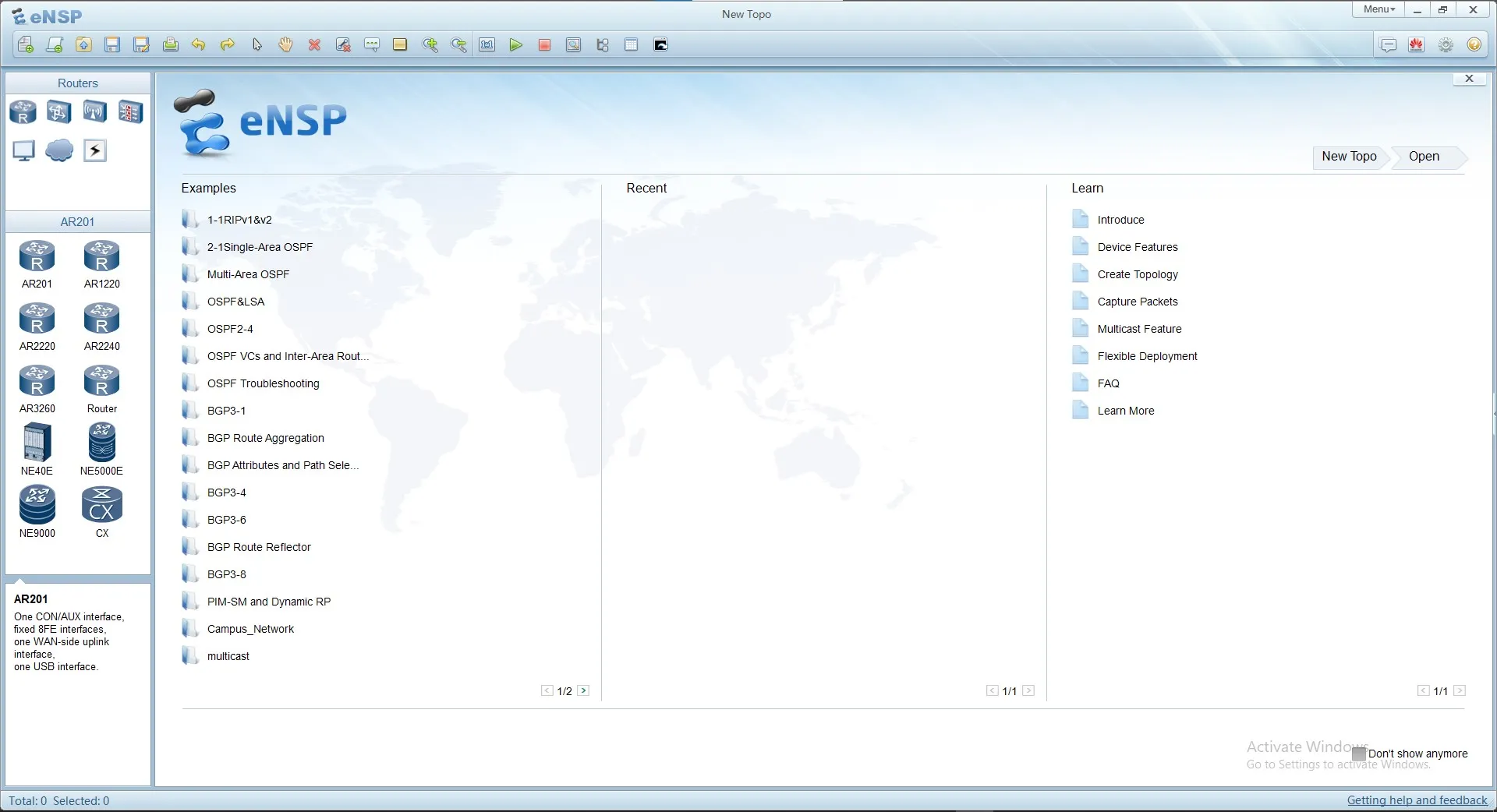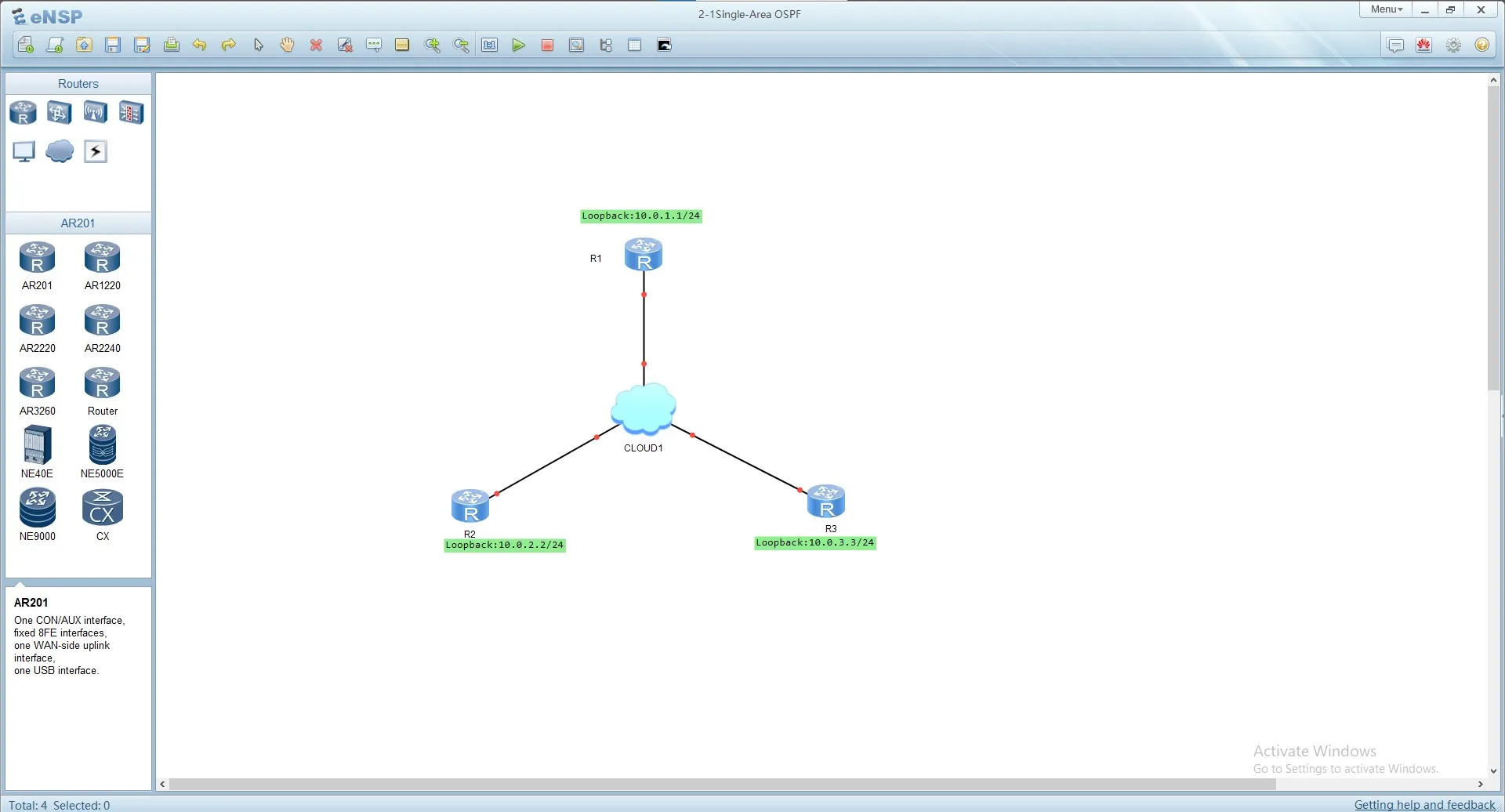eNSP

eNSP (Enterprise Network Simulation Platform) by Huawei is a powerful network simulator for training and practice with Huawei routers, switches, and security devices. It enables virtual network labs, supporting command-line configuration and certification preparation, such as HCIA and HCIE. Also referred to as a datacom device simulator, eNSP is essential for network engineers and students learning enterprise networking.
Gallery


About eNSP
Features
System Requirements
Minimum Requirements
CPU
Dual-core 2.0 GHz or faster
Memory (RAM)
4 GB minimum
Storage
10 GB free disk space minimum
Write a Review
Reviews are moderated. Your review will be published after being approved by an administrator.
Have an account? Log in to post a review, or continue below with your name and email.
Ratings & Reviews
Rating Distribution
Positive Ratings
75%
Average Rating
4.0/5
User Reviews
ingenieur ingénieur
liz
suntisouk souliyavong
Jean Marie Sudhoff
Download eNSP
Get the latest version of eNSP and start using it right away.
Related Software
Cisco Packet Tracer
Cisco Packet Tracer is a powerful network simulation tool developed by Cisco Systems, designed for learning, practicing, and visualizing computer networks, IoT, and cybersecurity concepts. It offers a virtual environment to create, configure, and troubleshoot network topologies with drag-and-drop simplicity, making it ideal for students, educators, and IT professionals. Also known as a network simulator, Packet Tracer supports multi-user collaboration and real-time protocol simulation.
GNS3
GNS3 is a free, open-source network simulation tool that emulates complex network topologies using real Cisco, Juniper, and other vendor devices. Ideal for network certification training (e.g., CCNA/CCNP), it enables virtual labs, testing, and troubleshooting without physical hardware. Supports multi-vendor environments via integrations like QEMU and Docker.
OMNeT++
OMNeT++ is an open-source, component-based C++ simulation framework for discrete event modeling, specializing in network simulations. It supports wired/wireless protocols, offers an Eclipse-based IDE, and enables hierarchical model design. Widely used in academia and industry for research, education, and protocol validation, OMNeT++ integrates libraries like INET for realistic network scenarios. Its modular architecture and visualization tools streamline complex simulations.